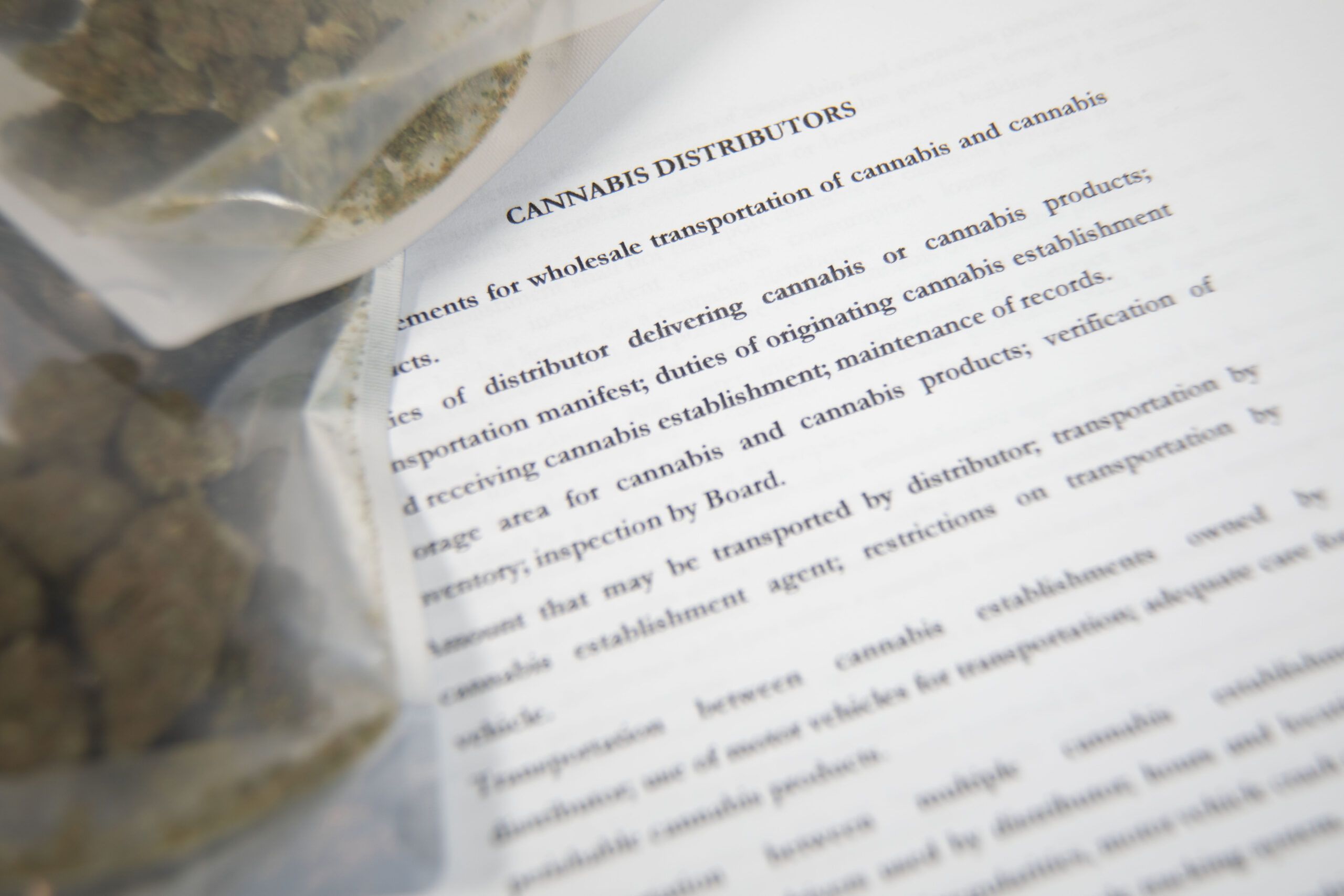-
Lessons Learned: Recalls Shape Las Vegas Cannabis Safety Today
Read more: Lessons Learned: Recalls Shape Las Vegas Cannabis Safety TodayAs of May 2025, there have been no new cannabis product recalls or advisories issued in Las Vegas, according to…

As of May 2025, there have been no new cannabis product recalls or advisories issued in Las Vegas, according to…
